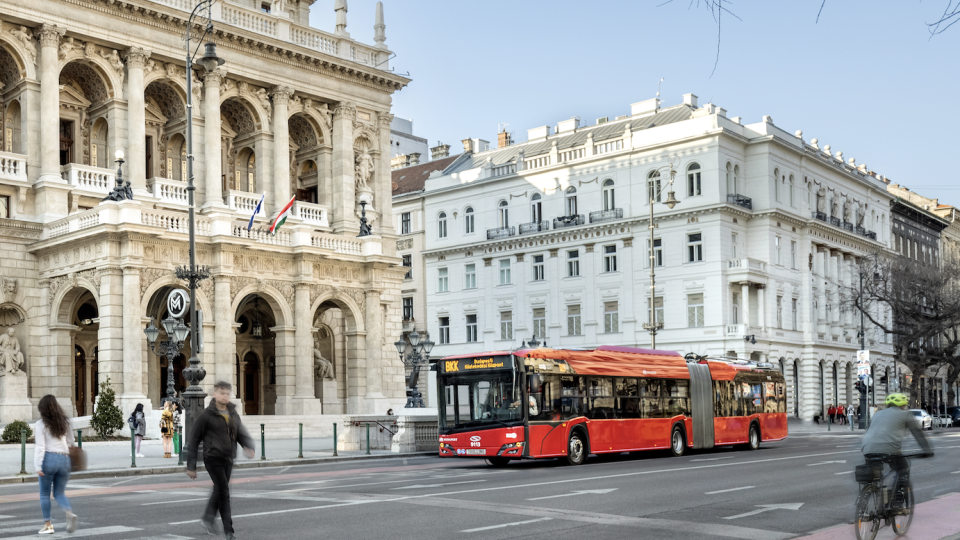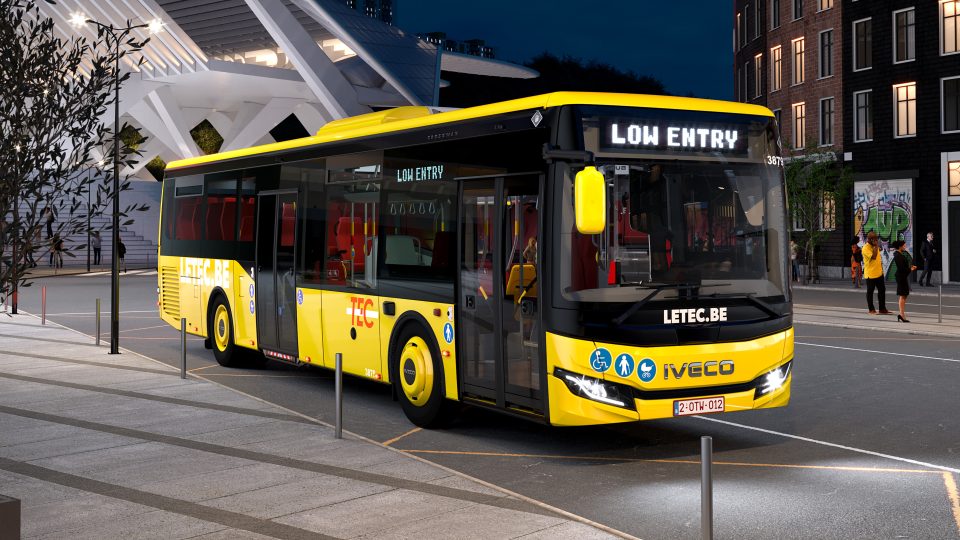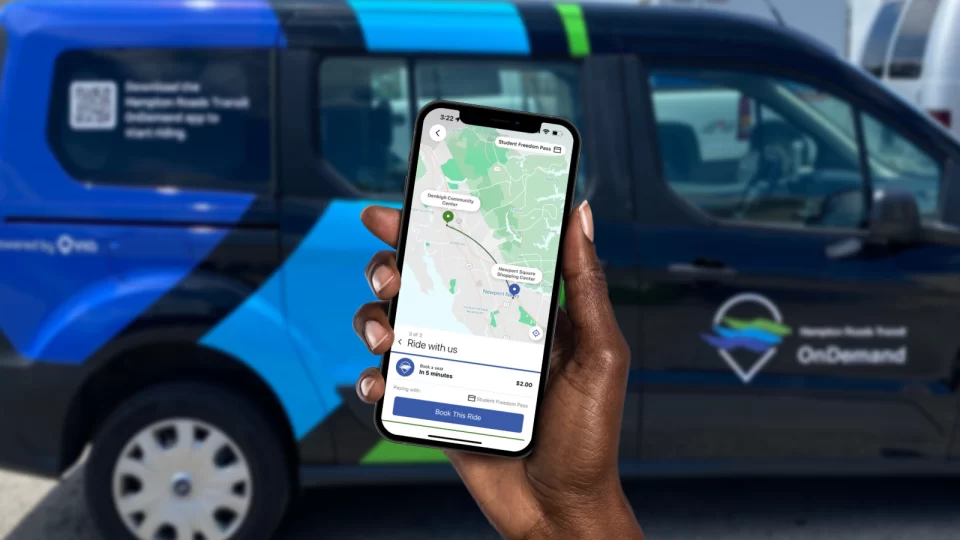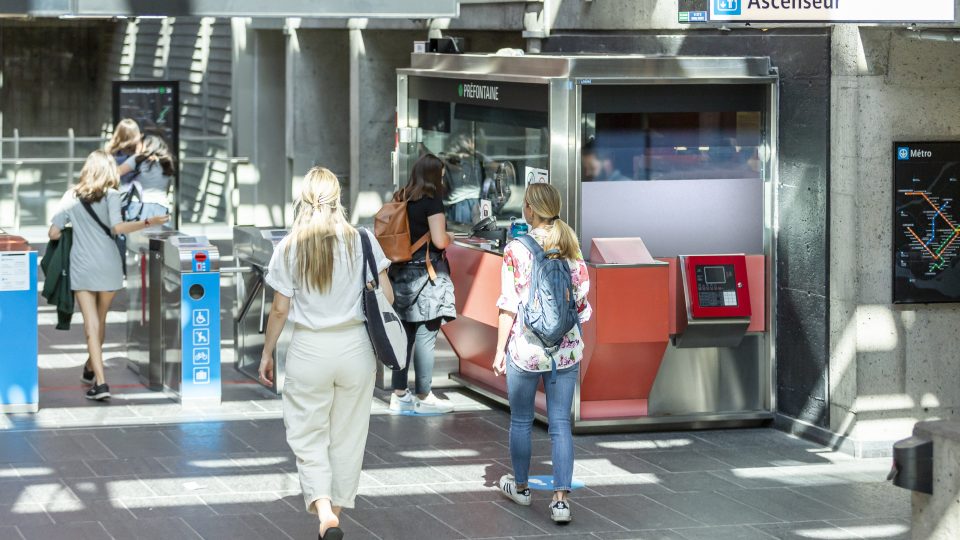«We, electric and autonomous. With hydrogen in the sight». Okan Baş, Karsan CEO, speaks
It was 2018, just four years ago, when Karsan decided to take a turn, welcoming the wave of electrification with open arms. First a six-meter, the e-Jest, then an eight-meter the e-Atak, and finally a full range up to 18 meters, via ten and twelve. Now, with 350 e-buses on the streets of the Old […]
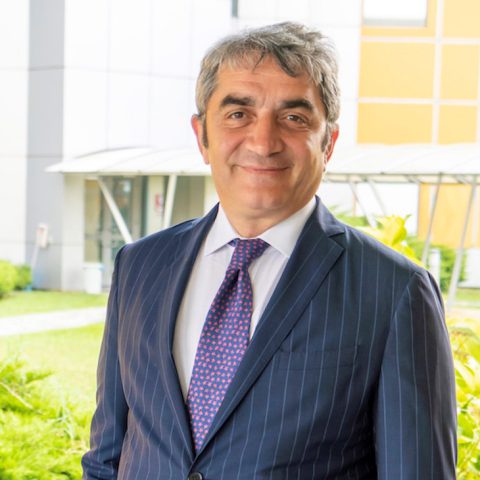
It was 2018, just four years ago, when Karsan decided to take a turn, welcoming the wave of electrification with open arms. First a six-meter, the e-Jest, then an eight-meter the e-Atak, and finally a full range up to 18 meters, via ten and twelve.
Now, with 350 e-buses on the streets of the Old Continent, the Bursa-based company has decided to raise the bar, renewing its bet on autonomous driving and preparing for the launch of the first hydrogen-powered vehicle. At the Stavanger (Norway) event, which Sustainable Bus attended, where the Turkish manufacturer tested the Autonomous e-Atak on public roads, we had a chat with Okan Baş, CEO of Karsan. Here is what he told us.
Okan Baş: ready for autonomous driving revolution
Okan Baş, today the regulatory framework in most of the countries is not yet ready for autonomous vehicles, although pilots from manufacturers, including Karsan, show that the technology is ready. Which timeline do you expect for the effective debut in operation of autonomous bus fleets?
«Hard to set a “date.” It still takes time, but I am sure of one thing: the self-driving bus revolution will be faster than the one for private cars. However, as mentioned, it takes time, the time it takes for this big change to be “digested.” And as always happens, there are natural resistances that make people bite the bullet, but willy-nilly change is inexorable and you don’t stop it!
On our side, frankly speaking, we do not expect to have many orders in these early years, because as said the times have yet to mature. Our mission is to be an example in the field of driverless technology as well; we are proud to have a pioneering soul».
At the moment are you investing in other alternative drivelines other than electric?
«Starting in 2018, the year in which we focused on electric, we channeled all product investments into electric, precisely. Ours has been an all-in that we are very happy with. So for CNG there are no investments, while for hydrogen we are working very carefully».
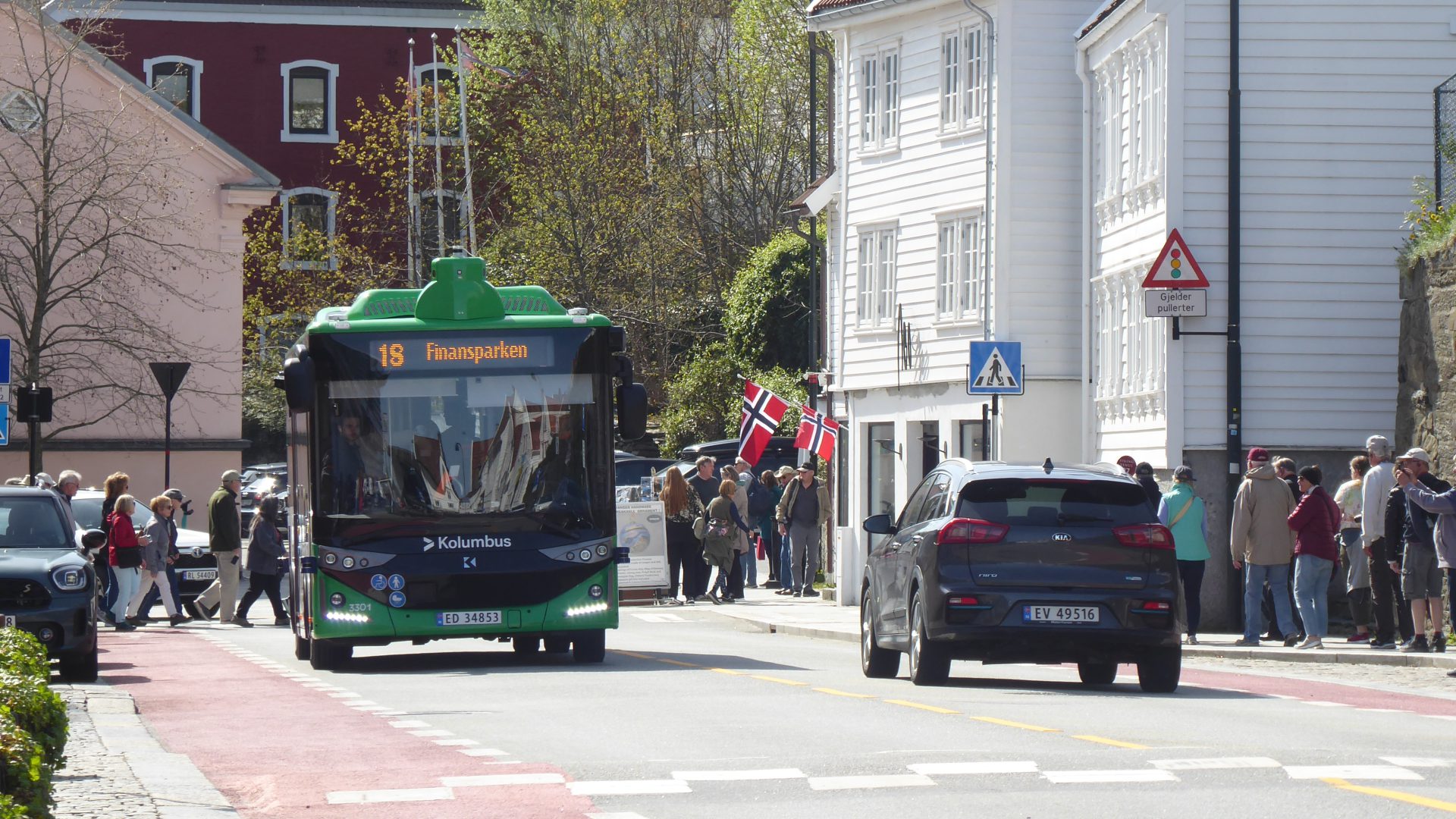
H2 bus model to be presented in a few months, Okan Baş says
Which are today, in your opinion, the main barriers to e-bus adoption?
«This is somewhat the same argument that applies to autonomous driving. There are issues inherent in the technology, which are obviously solvable, and “cultural” resistance, no matter how much electrification of fleets is a priority recognized by all, as well as the winning weapon for transport decarbonization. For e-buses, we need a strategy on the medium to long term: electrification cannot be a quick process; it takes patience on the side of the entire supply chain, and we need to work well, all of us, and as a team, to put our own piece of the puzzle».
In the evolution from diesel to electric vehicles, OEMs are no more just vehicle suppliers but also becoming service providers…
«This is true, and it is not just a matter of selling buses; on the contrary. The parent companies must be able to handle this new role of theirs with flexibility, creating ad hoc strategies for each individual market and country in which they operate».
You have now on offering a full range of battery-electric buses in Class I segment. Which are the next steps of your roadmap? Are you planning to introduce hydrogen-powered vehicles in the short to medium term?
«Yes, and in a short time we want to bring a hydrogen product to the market: it will arrive in the next few months. Hydrogen is definitely part of our development path».




